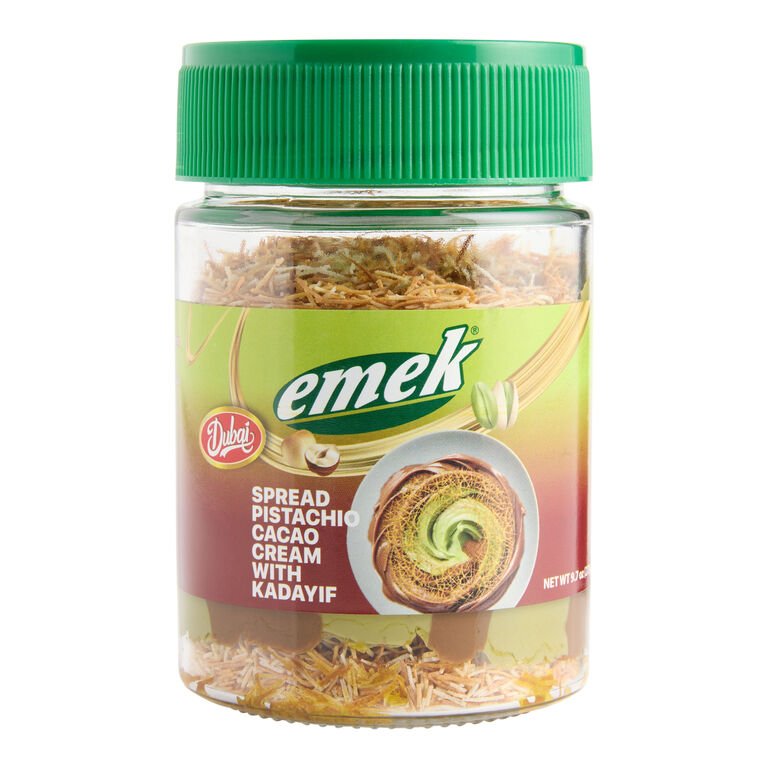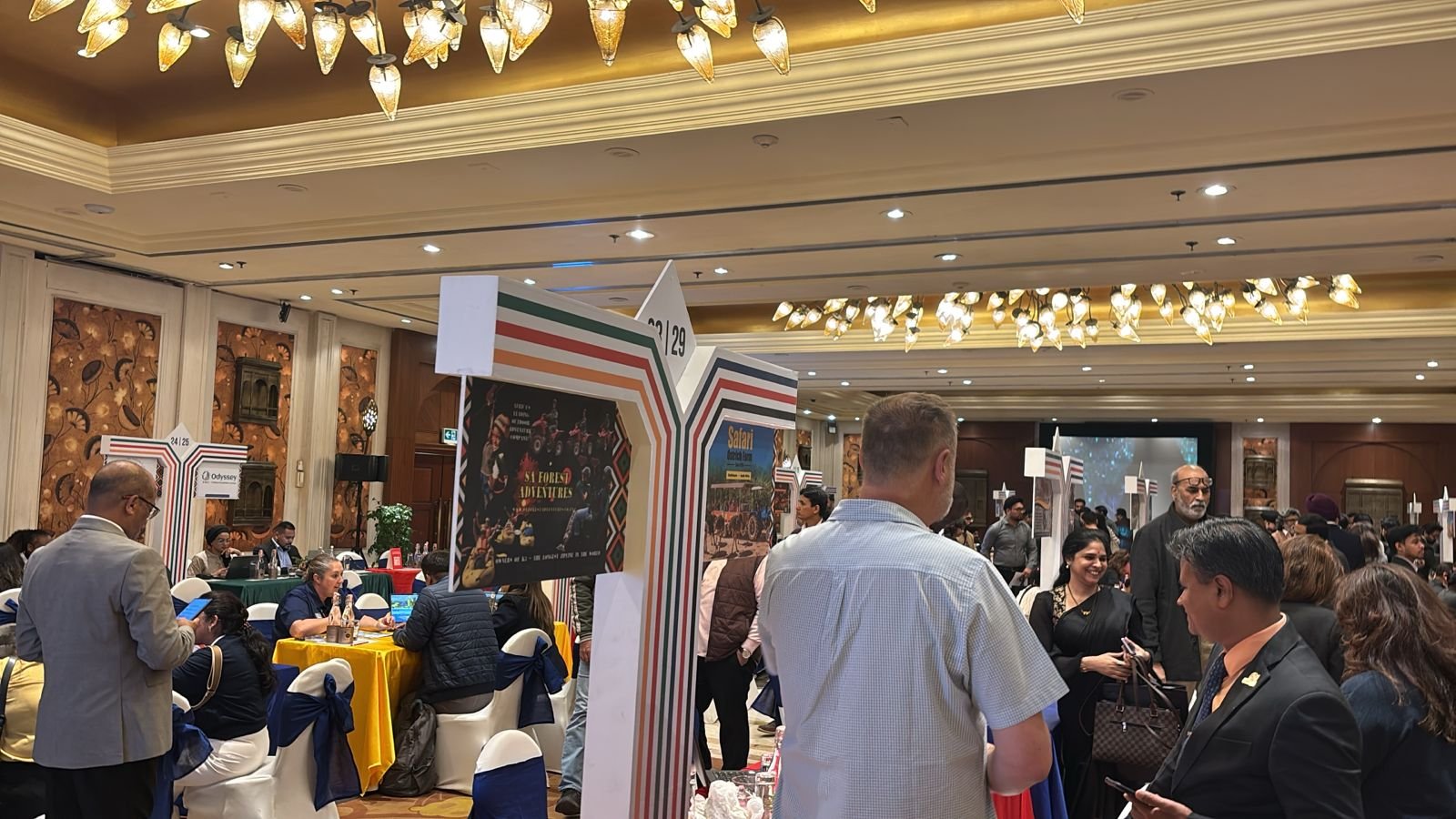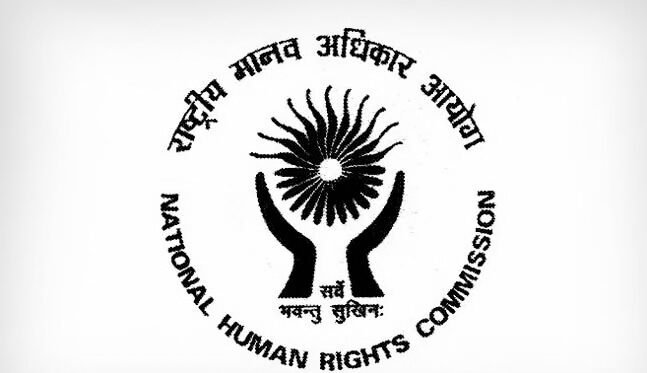FDA, CDC link Turkish-made spread sold at World Market to multi-state outbreak and one hospitalisation
A pistachio-cocoa spread labeled “Dubai” and sold in the United States has been recalled following a Salmonella outbreak that sickened at least four people, including one who required hospitalisation. The affected product—Emek Gıda’s Spread Pistachio Cacao Cream with Kadayif—is manufactured in Turkey and was distributed through World Market stores across more than 30 U.S. states, reported timesofindia.indiatimes.com.
On July 14, 2025, the Minnesota Department of Agriculture detected Salmonella in the spread during routine testing. This led to an official recall announcement by both the U.S. Food and Drug Administration (FDA) and World Market. The Centers for Disease Control and Prevention (CDC) later confirmed that the contaminated product was the source of multiple infections.
A pistachio-cocoa spread labeled “Dubai” has been recalled across the U.S. after causing a Salmonella outbreak with multiple infections and one hospitalisation
The recall affects 9.7 oz jars of Emek Gıda’s Spread Pistachio Cacao Cream with Kadayif, distributed in states including California, New York, Florida, Texas, Minnesota, and Washington. Consumers are urged to immediately stop using the product and dispose of it safely.
What is Salmonella and Why It Matters
Salmonella is a harmful bacterium that causes foodborne illness, particularly dangerous to children, seniors, and people with weakened immune systems. Symptoms—such as diarrhea, abdominal pain, fever, and vomiting—usually appear 6 hours to 6 days after exposure and can range from mild to severe.
What You Should Do
If you or your family have consumed this product, watch for symptoms and seek medical help if they become severe. A confirmed Salmonella diagnosis is made via stool testing, and treatment focuses on hydration and antibiotics in severe cases.
Consumers should also report any suspected illness to local health authorities to support public health monitoring and outbreak tracking. The incident has once again raised concerns over global food safety practices and the need for increased vigilance in imports.








